Published on The Sunday Times
The Central Bank sold more than half of its gold reserve–54.1 percent or US$ 206.8mn worth– last month to shore up forex reserves that had dropped to around a month of imports in November 2021.
The Central Bank’s Weekly Economic Indicators dated January 7, 2022, showed that gold reserves went down from US$ 382mn to US$ 175mn in December. This amounts to around 3.6 tons of 6.69 tons of gold. It is left now with around 3 to 3.1 tons of gold.
The Bank also sold 12.3 tons of gold in 2020 after starting the year with 19.6 tons of gold. It is the fourth year running that Sri Lanka has sold gold, economynext.com said. It also said Sri Lanka started to buy gold aggressively when Central Bank Governor Ajith Nivard Cabraal was running the Bank during his previous term.
“Sri Lanka sold gold in 2015, 2018 and 2019 but did not buy any back as reserves fell in line with liquidity injections,” the report said.
“Sri Lanka has been settling its debts but because it can’t borrow anymore, foreign reserves have been running down rapidly,” said Nishan de Mel, Executive Director of Verite Research. “Today, when foreign reserves have come to such a low point, less than a month of imports, the cash component of the reserves seems to be not enough to meet obligations. Therefore, Sri Lanka has, it appears, begun to liquidate the gold component of its reserves to settle dues that are coming up.”
“This is the point at which Sri Lanka would be well advised to stop settling its international debt and to preserve its reserves so that the country does not fall deeper into a crisis,” he said.
On Friday, an article in India’s Economic Times reported that high street banks in India had “turned cautious and selective about their exposures to the island nation”.
“Several institutions have reduced discounting letters of credit (LC)–the basic instrument for financing trade–issued by many Lanka lenders while others are giving credit to exporters based on the standing of the party, amount, the tenor of the credit, and standing of the bank issuing LCs,” it said.
Mr de Mel urged Sri Lankan leaders to set aside their pride and default on debt. “The reputational consequences for a country are codified in what you call a sovereign rating for debt,” he pointed out. “The sovereign rating of Sri Lanka is so low today that Sri Lanka is locked out of international financial markets.”
“So the marginal consequences of default, which is taking the ratings even lower, are actually quite little compared to the consequences of running out of reserves which then has a huge consequence on the economy. Sri Lanka is in a situation where we are already treated like a defaulter. We have no access to international markets.”
“And when we’re treated like a defaulter,” he insisted, “we’re better off functioning like one because the people that are paid today with the little reserves we have are not going to lend any money back to Sri Lanka until the sovereign ratings go up and the sovereign ratings can’t go up until Sri Lanka can build its reserves. But we can’t build our reserves while paying the debt because nobody even will lend to Sri Lanka–not even the International Monetary Fund–as long as it’s settling its debt.”
“The moment we stop settling our debt, there are people who are willing to lend to countries,” he continued. “They will say we can lend to you as you’re now not paying debt to anyone else because we think then we can recover the debt we lent to you. It’s a standard approach for recovery that you delay payments and restructure the existing debt so you are in a position to ask for new debt.”

